#Sadegh Hedayat
Explore tagged Tumblr posts
Text
"I write only for my shadow which is cast on the wall in front of the light. I must introduce myself to it." Sadegh Hedayat, The Blind Owl
17 notes
·
View notes
Text
“Ugh! How many stories about love, copulation, marriage and death already exist, not one of which tells the truth! How sick I am of well-constructed plots and brilliant writing!” ― Sadegh Hedayat, The Blind Owl
17 notes
·
View notes
Text
Don’t lovers always feel they have known each other before, that a strange relationship has always existed between them?
Sadeq Hedayat, Blind Owl
98 notes
·
View notes
Photo
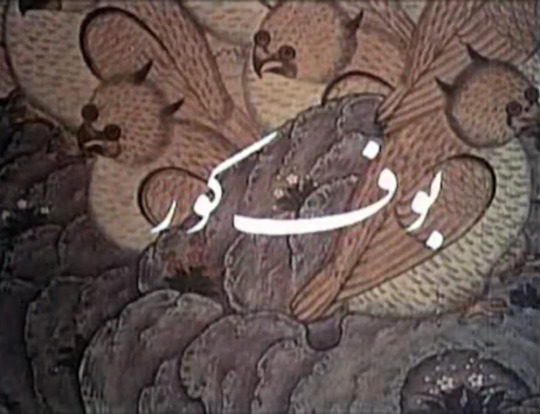
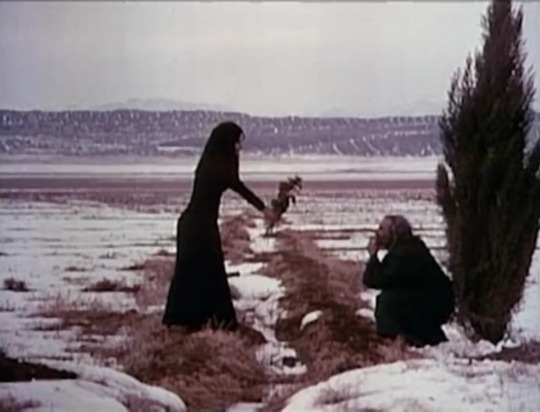
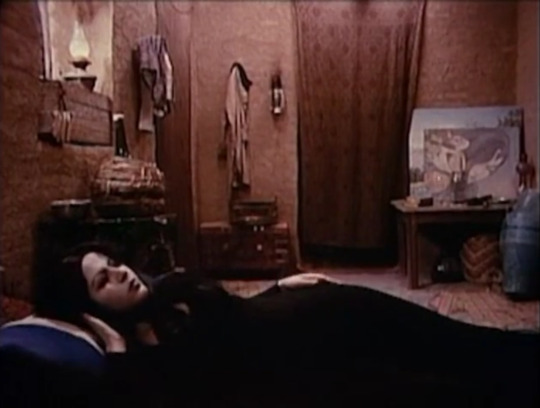
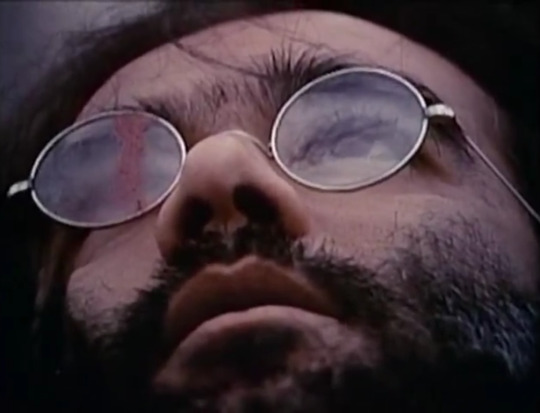
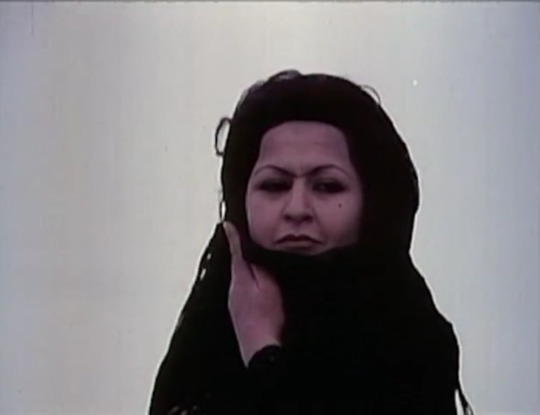
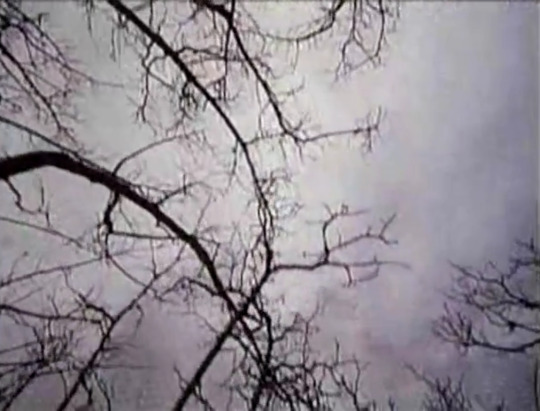
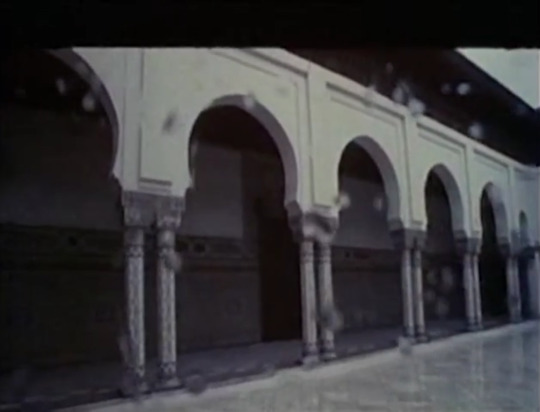
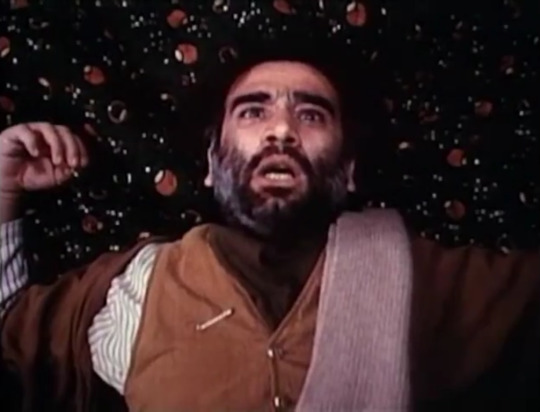
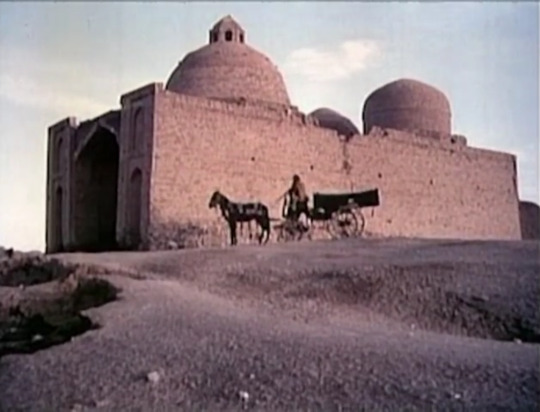
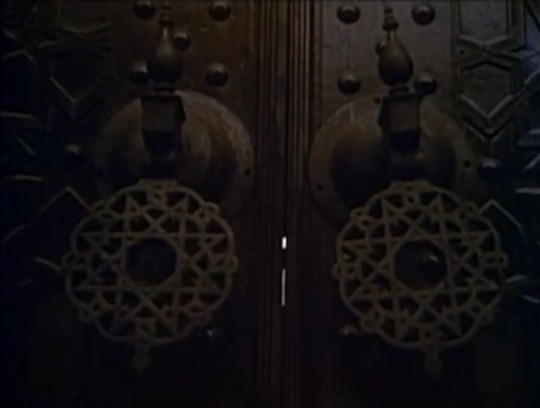
The Blind Owl (1975)
36 notes
·
View notes
Text

Sadeq Hedayat: Blind Owl (1937)
20 notes
·
View notes
Text

Sadegh Hedayat ::: The Blind Owl
2 notes
·
View notes
Text
“One of the most striking aspects of stories such as The Blind Owl and The Metamorphosis is that nothing is as simple as it looks, and the reader needs to scrutinize and decode every element to comprehend what the author intended to convey in the symbolic world they created. The Blind Owl is no exception and critics have decoded it differently; reading Hedayat as an anarchist, an opponent of religion, in love with the glorious Persian Kingdom before 633 AD, or a melancholic man writing under the effect of wine and opium. Whatever the stimulant was, and regardless of criticism or admiration, the result has turned out magnificent, it traps the readers and coerces them to live in the writer’s world. The reader becomes engrossed in the story and sees no way out than to finish reading.
It is impossible to deny that the dark and disturbing theme of the story represents the writer’s feelings and inner world, tired of everyone and everything, trapped in his own body, room, and more astonishingly, in the black eyes of the woman in his very own paintings. Those big black eyes are beautiful, but at the same time, horrifying. He confesses his admiration yet repeatedly complains about the disturbance caused by them – the eyes that look at him ruthlessly – and the only way to get rid of them is to kill their owner: a woman in his paintings in a black dress, black hair, and big black eyes who has come to sleep in his bed, in his gloomy room. His confusion about whether the woman is alive or dead and the uncertainty to revive or kill her indicates Hedayat’s restless nature. The story goes on by getting rid of the corpse, the other dark memories he recalls about his private life, the melancholic world he sees around himself, and other dark, horrible scenes throughout the story. Moreover, throughout the whole story, the reader will not learn the names of the painter, woman, or other characters.
(…)
Furthermore, both protagonists feel betrayed, lonely, and confined. The handful of characters in both novels illustrated the writers’ isolation and constrained lives. Gregor, for one, finds himself in a new stomach-turning body, and his family soon confines him in his room to avoid disturbing the guests. Likewise, his sister betrays him and wishes for his death. Hedayat’s painter also describes his room as dark and gloomy, like a coffin. He laments about being imprisoned by his family members, who have transformed into shadows on the walls and keep staring at him. There are also the woman’s vexing big black eyes, in which “[his] life sunk.” His wife is likewise unfaithful to him. However, the restriction is increasingly apparent in Hedayat’s storyline as the narrator switches from a painter to a gravedigger, a murderer, a dead man, a dying man and an elderly person. The same happens to the other characters, making it much more unsettling and suspenseful to solve the riddle and recognize the characters in the story.
Although the theme reflects the main characters’ sense of seclusion and frustration, Gregor and the painter act differently in dealing with the situation. Gregor attempts to adjust to the new circumstances, still hoping to be recognized, but in the end death appears to be the only option to him, whilst the painter desires to get rid of that nightmare. Nevertheless, they both are sentenced to life literally and find absolute freedom in embracing death. Thus, death is not a bleak reality in their world. It is a means of liberty.”
#hedayat#sadegh hedayat#kafka#franz kafka#blind owl#metamorphosis#death#suicide#existentialism#liberty
19 notes
·
View notes
Text
"In life there are certain sores which slowly erode the mind in solitude like a kind of canker."
— Sadegh Hedayat, The Blind Owl
3 notes
·
View notes
Text
There are certain sores in life that, like a canker, gnaw at the soul in solitude and diminish it.
Sadegh Hedayat, from The Blind Owl, 1936
#sadegh hedayat#iranien literature#the blind owl#existential despair#books and libraries#dark acadamia aesthetic#classic literature#spilled ink#words words words#dark academia#quotes
12 notes
·
View notes
Text
"There was complete silence everywhere. I felt that all mankind had rejected me and I took refuge with inanimate things. I was conscious of a relationship between me and the pulsation of nature, between me and the profound night which had descended upon my spirit. This silence is a language which we do not understand." Sadegh Hedayat, The Blind Owl
7 notes
·
View notes
Text
My initial reaction after finishing The Blind Owl -

The award for the most unreliable narrator I have ever encountered goes to Sadegh Hedayat’s nameless opium-addicted lunatic.
5 notes
·
View notes
Text
The only thing that scares me is that I will die tomorrow without having known myself. In life, I have encountered a dark abyss that separates me from others. I understand that as much as possible, I must remain extinguished and keep my thoughts to myself. And if I have decided to write them down now, it is only to introduce myself to my shadow—which is hunched over on the wall and swallows everything I write with a voracious appetite—it is for him that I want to conduct an experiment: maybe we can get to know each other better.
Sadeq Hedayat, Blind Owl
8 notes
·
View notes
Text
At night, when my existence fluttered on the brink of two worlds, a little before the time I plunged into a deep and vacuous sleep, I would dream—With one blink of the eye, I was traversing the life of another, not my own. I was breathing a different air and I was far away, as if I wanted to escape from myself and change my destiny—When I closed my eyes, my real world was revealed to me—These scenes had a life of their own, freely vanishing and reappearing, as if my desire had no effect on them but I am not certain of this; the scenes that appeared before me were not ordinary dreams for I had yet to fall asleep, in silence and tranquility I separated these scenes and compared them to each other. It seemed to me that I had not known myself until now, and the way in which I had viewed the world until now had lost its strength and meaning, and in its place the darkness of the night ruled—for they had not taught me to peer at the night and to love the night. — Sadegh Hedayat, The Blind Owl (trans. Naveed Noori)
5 notes
·
View notes
Text




The Blind Owl by Sadegh Hedayat (1903-1951). Translated from Farsi by D.P. Costello. [New York: Grove Paperback, 2010]
#fiction#literature#novel#Persian fiction#Persian literature#Persian novel#Iranian fiction#Iranian literature#Iranian novel#Persian writer#Persian author#Persian novelist#Iranian writer#Iranian author#Iranian novelist#Sadegh Hedayat#Blind Owl#literary modernism#obsession#madness#deranged mind#book excerpt
1 note
·
View note
Note

This is so königcore…
(from The Blind Owl by Sadegh Hedayat)
It is!!!! Gosh he's so tragic & dramatic. Especially when it comes to women and his past. Everything's larger than life, he needs to bring the world to its knees, worship an angel along the way and be like a god to someone himself...
What a man!
82 notes
·
View notes
